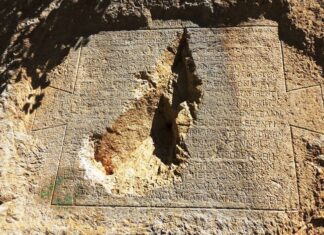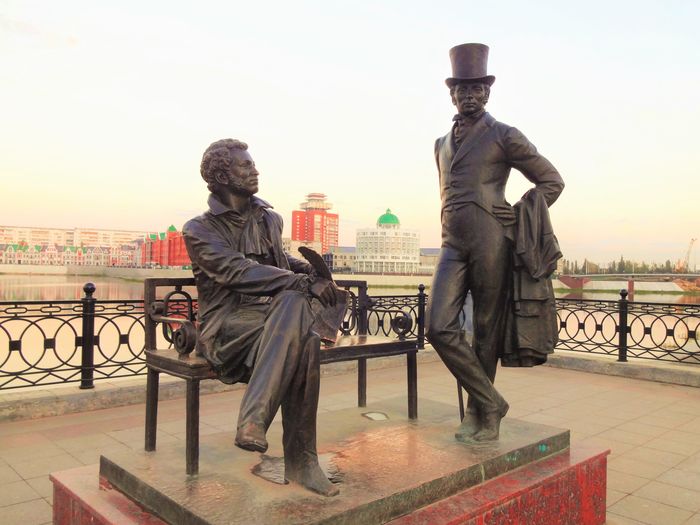Lludd and Llevelys (Anonymous: Some Time Before 14th Century)
Notonly is nothing known of the author of this story, but it is hardly possible tomake a good guess within several centuries of the date of its composition. The Mabinogion,from which it is taken, is the title given to a collection of translations madefrom the Welsh by Lady Charlotte Guest some eighty years ago, in which sheincluded twelve old Welsh romances. The literature of early Wales was extremelyrich; from it sprang a host of stories, of which the most important were thosetreating of King Arthur and his court. In the words of Lady Guest, Welshliterature has “strong claims to be considered the cradle of European romance.”
Thepresent tale, translated by Lady Guest, is reprinted from The Mabinogion,Everyman’s Library, by permission of the publisher, J. M. Dent and Sons.
Lludd and Llevelys
FromThe Mabinogion
Belithe great, the son of Manogan, had three sons, Lludd and Caswallawn, andNynyaw; and according to the story he had a fourth son called Llevelys. Andafter the death of Beli, the kingdom of the Island of Britain fell into thehands of Lludd, his eldest son; and Lludd ruled prosperously, and rebuiltthe walls of London, and encompassed it about with numberless towers. And afterthat he bade the citizens build houses therein, such as no houses in thekingdoms could, equal. And moreover he was a mighty warrior, and generous andliberal in giving meat and drink to all that sought them. And though he hadmany castles and cities this one loved he more than any. And he dwelt thereinmost part of the year, and therefore was it called Caer Lludd, and at last CaerLondon. And after the stranger-race came there, it was called London, orLwndrys.
Lluddloved Llevelys best of all his brothers, because he was a wise and discreetman. Having heard that the king of France had died leaving no heir except adaughter, and that he had left all his possessions in her hands, he came toLludd his brother, to beseech his counsel and aid. And that not so much for hisown welfare, as to seek to add to the glory and honor and dignity of hiskindred, if he might go to France to woo the maiden for his wife. And forthwithhis brother conferred with him, and this counsel was pleasing unto him.
Read More about A Brown Woman part 1








